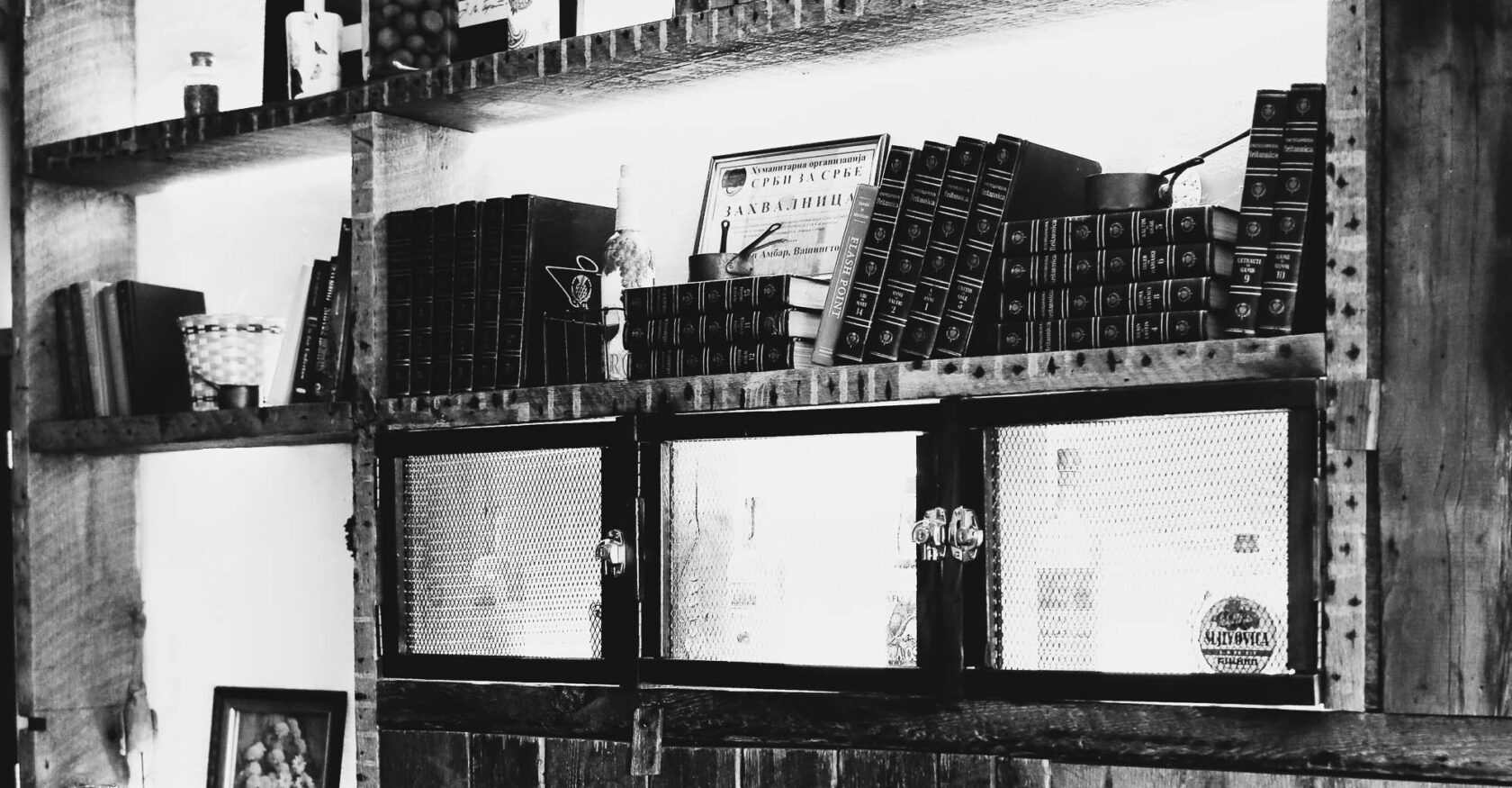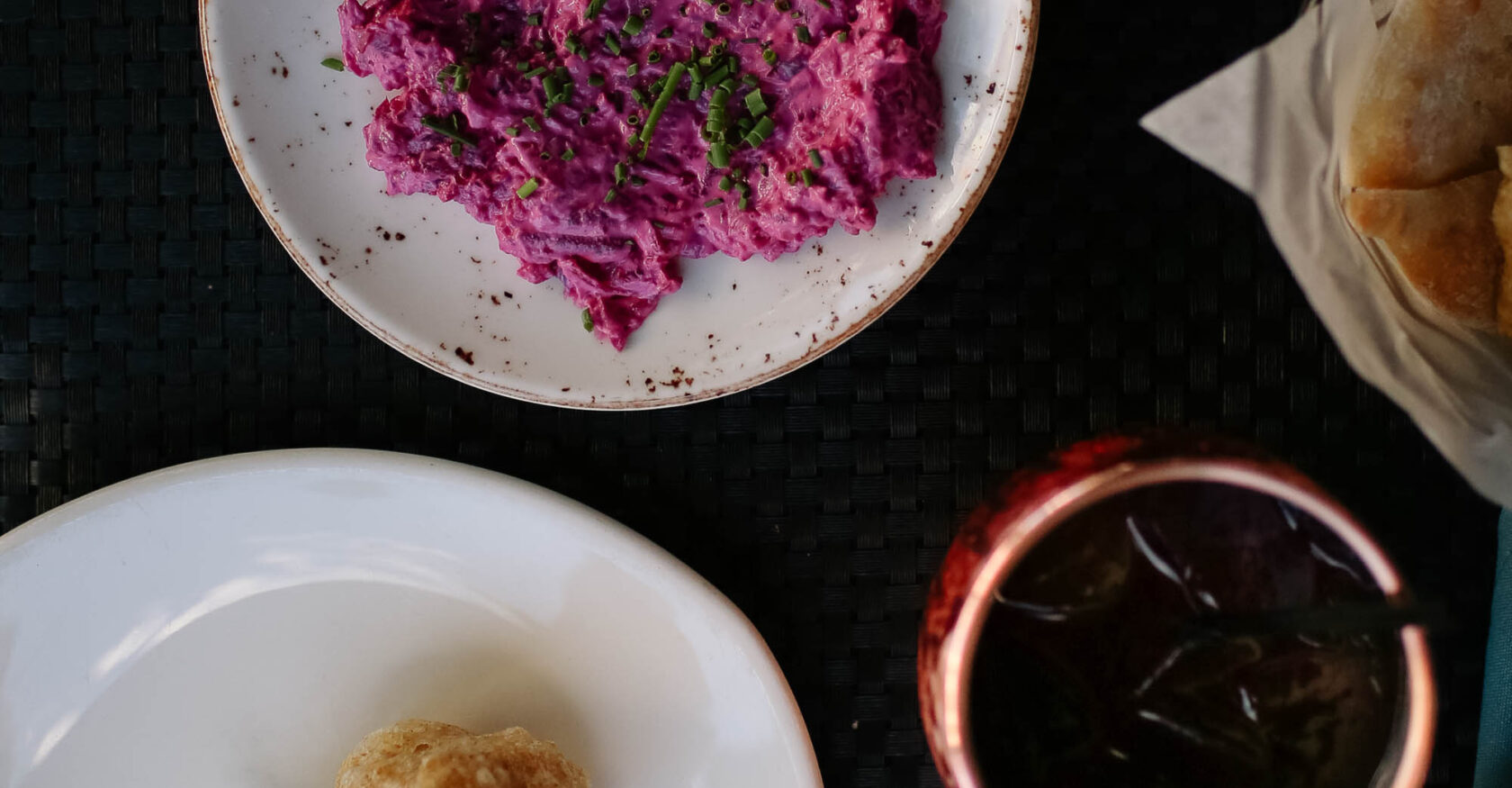A Scoville Fellow when we first met, Usha Sahay was already one of the best editors I’d ever worked with. So it feels natural that, after stints at the Huffington Post and Wall Street Journal, she’s back in DC to take on the role of managing editor at War on the Rocks, a leading site for insider national security news and analysis.



Recently I sat down to dinner with Usha at one of her favorites to talk all things national security and life in DC.
The highlights of our talk are included in the gallery below:
Donate
Hey there!
You made it to the bottom of the page! That means you must like what we do. In that case, can we ask for your help? Inkstick is changing the face of foreign policy, but we can’t do it without you. If our content is something that you’ve come to rely on, please make a tax-deductible donation today. Even $5 or $10 a month makes a huge difference. Together, we can tell the stories that need to be told.

































